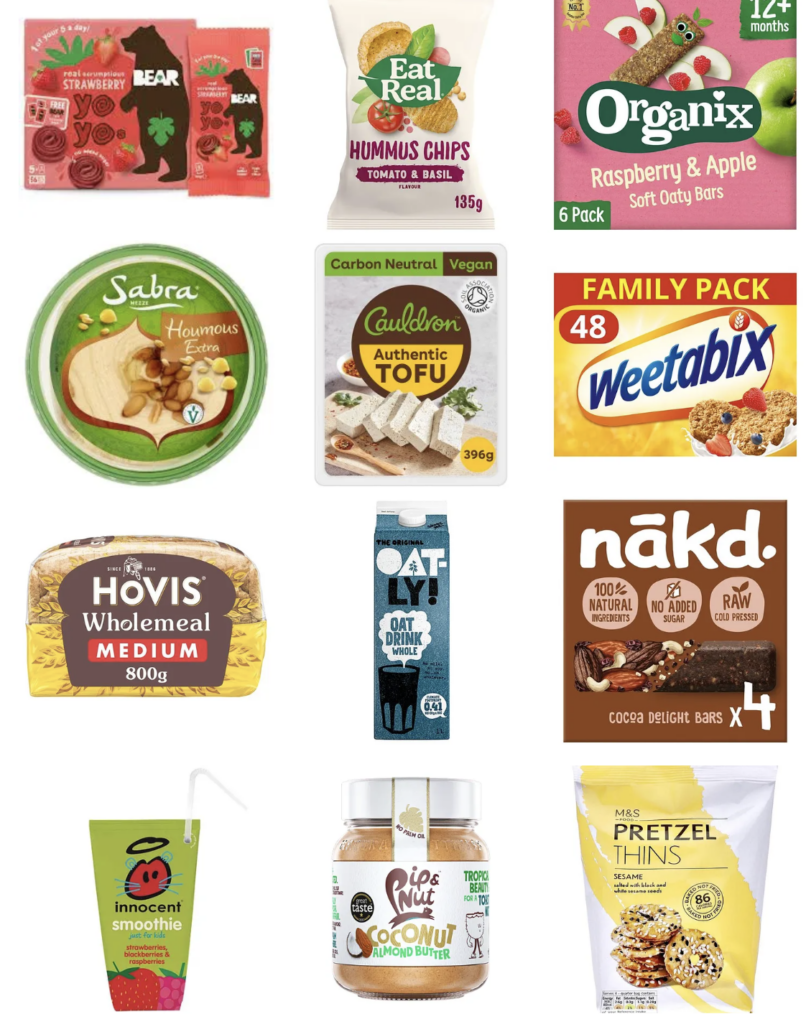A conversation with Jenny Chapman, author of the new report ‘Processing the discourse over plant-based meat’
Advocates of alternative proteins are well aware of the ultra-processed food (UPF) debate. Originally developed by a Brazilian scientist, Carlos Monteiro, as part of his NOVA1 framework, the category has become increasingly contested and poorly understood.
Its original multi-paragraph definition has given way to various shorthands with different categorical boundaries. UPFs are referred to as foods with more than five ingredients, foods you can’t make in your own kitchen, or even foods containing ingredients you can’t pronounce.
The notion of a UPF evokes various consumer concerns, largely regarding their nutritional profile and health outcomes, but also reaching from notions of perceived naturalness to political conceptions of corporate overreach. The challenge for alternative protein advocates is that plant-based meats are firmly understood as UPFs – in a survey by the British Nutrition Foundation, plant-based meat was the second most commonly associated food with UPFs.2 With this comes many of the negative connotations that are associated with the category.
It is worth noting that the concerns regarding ‘ultra-processed’ plant-based meats are somewhat misplaced. Plant-based meats have been found to be healthier than their animal-product counterparts, and many UPFs (such as those pictured below) are not necessarily ‘unhealthy’.34 Moreover, it would be a challenge to assign the word ‘natural’ to many parts of our modern industrialized food system. We rely on many relatively novel methods of preserving, storing, and processing food that could be described as unnatural, but that most consumers use without question or concern.

To untangle the complexity in the UPF debate, the New Food Hub spoke to food systems researcher Jenny Chapman, author of the new report, Processing the discourse over plant-based meat: understanding nuance in the ‘ultra-processed food’ debate to build acceptance and trust in plant-based meat.
Bitesize interview highlights:
- The UPF framework was developed as a socio-political framework, not a strictly nutritional one. In the context in which it’s often used today, to determine the nutritional value of food products, it’s not fit for purpose.
- Grouping together healthier processed foods like plant-based meat, infant formula, baked beans, and wholemeal bread with those high in salt, sugar, and saturated fats, is not a helpful food categorisation system.
- Plant-based meat companies should creatively work to demystify the production process of plant-based meat. The full report (linked below) provides specific FAQs that plant-based meat companies can answer and employ in their communication strategies.
- The media has a key role in helping to normalize plant-based meat.
Watch the full interview to discover the historical and social context behind the UPF framework, the evolution of the term to date, and the report’s tailored recommendations to a variety of food system stakeholders.
The report’s five recommendations in full:
- Promote foods that are both healthier and more sustainable, irrespective of their degree of processing.
- Communicate nuance with care regarding nutrition and ‘ultra-processed food’.
- Normalize and actively develop trust in plant-based meat.
- Improve awareness of nutrition and food processing to help consumers adopt healthier and more sustainable diets.
- Invest in research and development to provide consumers with healthier, more sustainable and more affordable foods.
For a detailed breakdown of each recommendation complete with actionable insights, download Chapman’s report, here.
If you’d like more support on your plant-based strategy, you can contact ProVeg’s experts at [email protected].
References
- ‘New’ in Portuguese.
- Beans on toast may be ultra-processed but can still be part of a healthy diet, 2023. British Nutrition Foundation. Available at: https://www.nutrition.org.uk/news/2023/beans-on-toast-may-be-ultra-processed-but-can-still-be-part-of-a-healthy-die, Accessed 2024-02-08
- The Ultra-Processed Myth, 2023. Bryant Research. Available at: https://bryantresearch.co.uk/insight-items/ultra-processed-myth/. Accessed 2024-02-08
- Consumption of ultra-processed foods and risk of multimorbidity of cancer and cardiometabolic diseases: a multinational cohort study, 2023. The Lancet. Available at: https://www.thelancet.com/journals/lanepe/article/PIIS2666-7762(23)00190-4/fulltext. Accessed 2024-02-08



